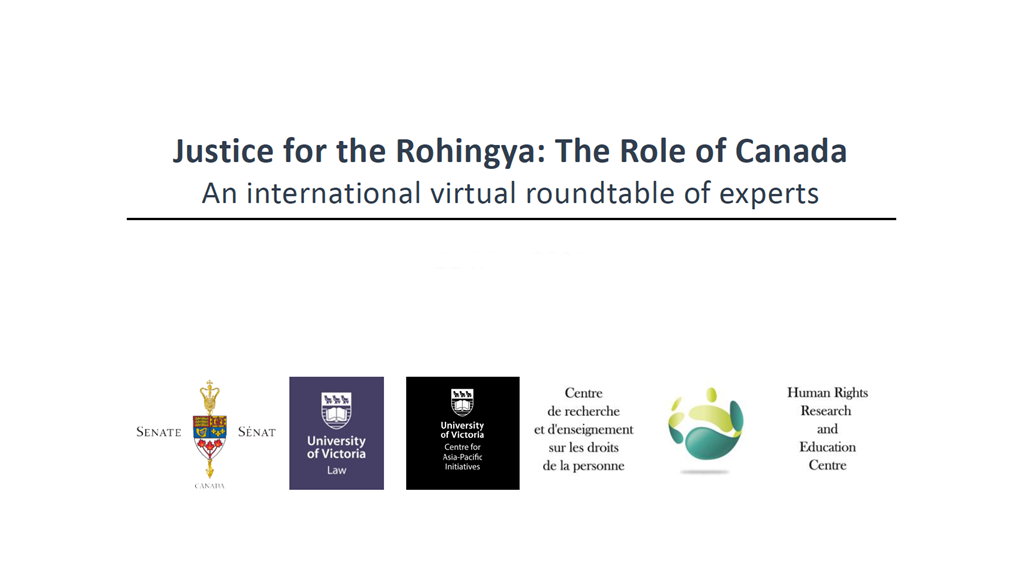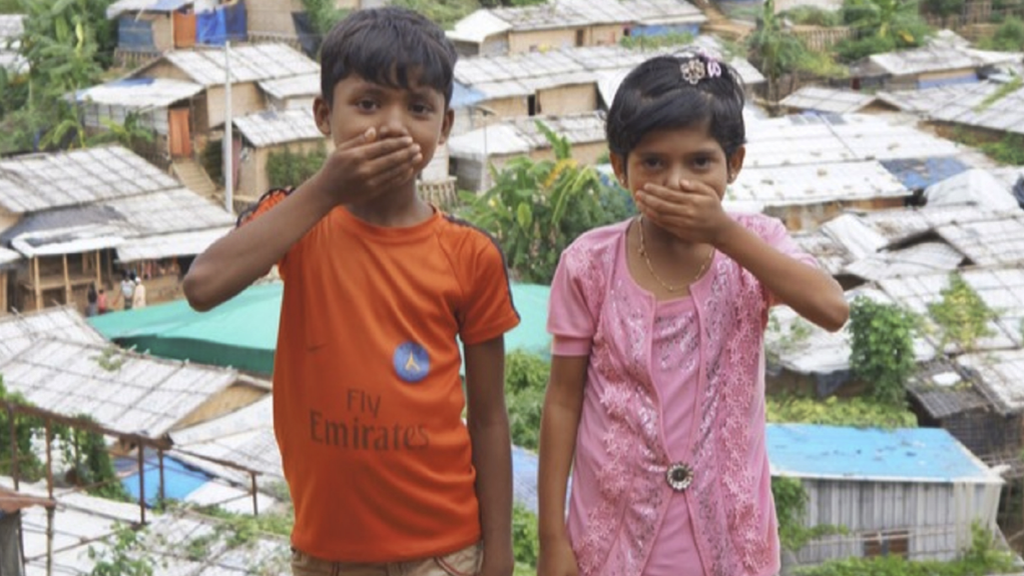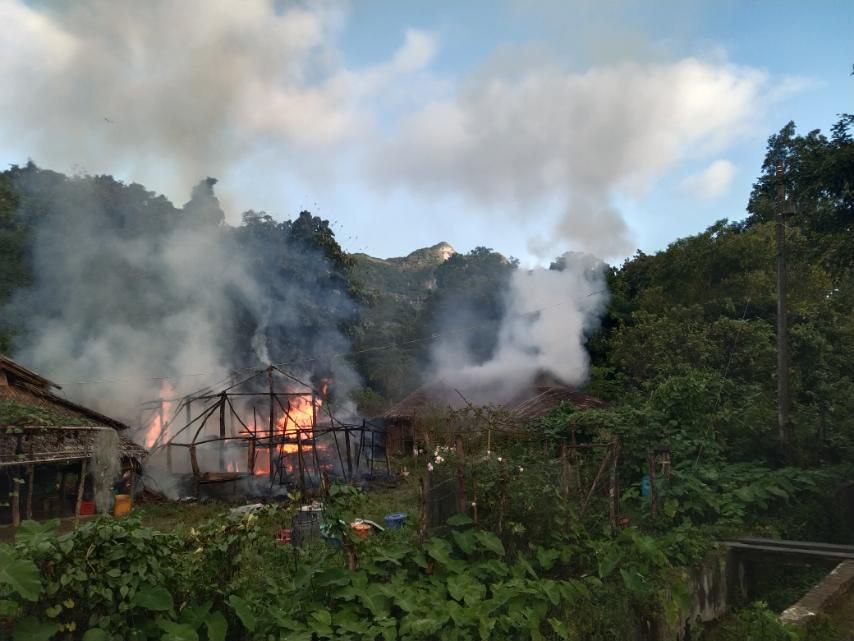
Justice for the Rohingya: The Role of Canada – An international virtual roundtable of experts
- 13/07/2020
- 0
By The Government of Canada
Introduction and key observations
Purpose, method and overview
This report summarizes the discussions of invited academic, government and civil society experts at a virtual international roundtable discussion held on 21 May 2020. The purpose of the online roundtable was to create a forum for exploration of key roles for Canada towards justice for the Rohingya through informed exchange of expert knowledge on international law and international human rights dimensions of the situation, including the current case brought by The Gambia in the International Court of Justice (ICJ).
For purposes of the roundtable, panellists and participants were invited to define the term “justice” broadly to include recognition and respect for internationally protected human rights including truth, accountability, reparation and other restorative measures, guarantees of nonrepetition, prevention of impunity, and other remedies for individuals and groups subjected to violations of their fundamental human rights. The overall focus was on possibilities for justice for the Rohingya within the context of contemporary international relations, particularly in terms of roles for individual States and also the “international community” as a whole. The specific focus was on possibilities for Canadian action and leadership, within the time frame of options such as the ICJ case.
The event was convened under a slightly modified version of the Chatham House Rule. When a meeting, or part thereof, is held under the Chatham House Rule, “participants are free to use the information received, but neither the identity nor the affiliation of the speaker(s), nor that of any other participant, may be revealed.” For purposes of the roundtable, the Chatham House Rule was modified to include the names of the following moderators, invited speakers, panellists or featured discussants named in the agenda circulated in advance:
- Honourable Marilou McPhedran, Independent Senator, Parliament of Canada;
- Her Excellency Jacqueline O’Neill, Ambassador for Women, Peace, and Security, Canada;
- Honourable Bob Rae, Special Envoy on Humanitarian and Refugee Issues, appointed by the Prime Minister of Canada;
- Prof. Payam Akhavan, Member of the Permanent Court of Arbitration, The Hague; Faculty of Law, McGill University; Counsel for The Gambia at the ICJ in the case of The Gambia v. Myanmar;
- Prof. Yanghee Lee, United Nations (UN) Special Rapporteur on the situation of human rights in Myanmar (May 2014 to 30 April 2020);
- Prof. Susan Breau, Dean, Faculty of Law, University of Victoria, Canada;
- Prof. Christine Chinkin, Emerita Professor of International Law, London School of Economics, UK;
- Prof. Victor V. Ramraj, Faculty of Law and Director, Centre for Asia Pacific Initiatives, University of Victoria, Canada;
- Prof. John Packer, Associate Professor of Law, Director of the Human Rights Research and Education Centre (HRREC) & Neuberger-Jesin Professor of International Conflict Resolution, University of Ottawa, Canada;
- Ms. Razia Sultana, Chairperson, Rohingya Women’s Welfare Society, Cox’s Bazar, Bangladesh;
- Ms. Wai Wai Nu, Rohingya/Burmese founder, Women’s Peace Network, Yangon, Myanmar;
- Ms. Akila Radhakrishnan, President, Global Justice Center, New York, USA;
- Ms. Mavic Cabrera Balleza, Founder and Chief Executive Officer, Global Network of Women Peacebuilders, New York, USA.
In addition to the above-named speakers, a number of experts and key decision makers were invited to participate in the roundtable discussions. At least 79 participants joined the roundtable from several locations in Canada, the United States, the United Kingdom, Bangladesh, South Korea, and Australia. Participants included academics with expertise in international law, international human rights, or other relevant fields; present and former officials of the United Nations (UN), Canadian government; and civil society representatives from several locations around the world.
The agenda of the roundtable comprised two topics as they relate to the situation of the Rohingya:
- Goals for Canada: Challenges and options;
- Sexual violence as a core element of the genocide.
There was no electronic recording of the roundtable; this summary report was developed with assistance of hand-written notes by three rapporteurs. All explanatory footnotes and references have been added by the editor.
